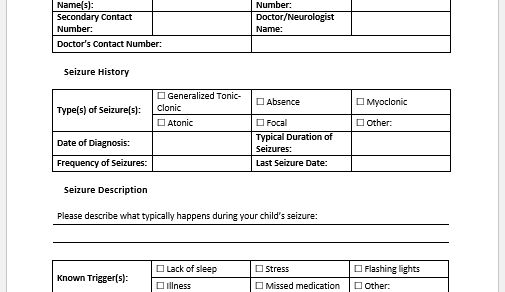Medical sciences have advanced to a very hopeful level since the last century. People suffered from chronic medical illnesses throughout history, and end-stage organ disease forced them to accept their fate and wait for their time to depart from the face of this earth.
Organ donation, since its successful trials, has given a ray of hope to hundreds and thousands of such patients. They can now begin to think and plan for a couple of more years to live healthy and happy.
History of organ donation
The first-ever organ donation and transplant were done in 1954 by a man named Ronal Lee Harrick. He donated his kidneys to his twin brother. The first organ transplant was successful, and the surgeon Joseph Murray was awarded the Nobel Prize for his services. Since then, multiple organ donations have been performed, and success stories of transplants roam around the globe.
Which organs are usually donated for transplant?
Multiple organs have been donated and transplanted in the last 70 years. The most common organ donations include:
- Liver
- Kidney
- Lungs
- Bone and Bone marrow
- Skin
- Cornea
- Heart
- Middle ear
- Connective tissue
- Pancreas
Some of them are vital organs, and patients tend to improve in health after a transplant.
Legislation and other issues associated with organ donation
Where organ donation has proved to be a revolutionary advancement in medical sciences, it has given origin to multiple religious, ethical, and superstitious issues around the globe as well. Some scholars are totally against organ donation and consider it a non-ethical act to donate organs that were to be returned to God at the time of death. At the same time, some scholars are highly in favor of organ donation and consider it the moral responsibility of each individual to donate organs before death.
Legislation for organ donation is very important, and it varies from country to country. Many countries allow organ donation but require proper consent and documentation before the actual procedure. Consent is given before the death of the donor, but presumed consent can also be produced after his death. It means it is presumed that the donor would have allowed the donation if he were alive.
What is an organ donation form?
An organ donation form is the consent form filled out by the donor himself. In the form, the donor has to agree that he is allowing the donation of a certain organ with all his will in case of death. In a situation where a part of the organ has to be donated, he can consent according to that situation. The donor’s basic information is added, and then his blood group and Rh type are also mentioned.
This is because organ rejection is the main concern post-transplant. So, possible information is mentioned in the donor form to ensure a transplant with the best-suited patient.
This form is filled out in the presence of two witnesses and the surgeon, who has to perform a transplant in the future. All of them sign the form, making it a legal document.
- Nursing Documentation Templates
- Mental Health Evaluation Forms
- Forms Used by Pediatricians
- Various Forms Related to Pregnancy Verification
- Common Forms Used by ENT Specialists
- Pain Diary Worksheet Template
- Forms Commonly Used by Old Age Homes
- Medical Treatment Consent Form
- Home Exercise Program Worksheet
- Forms Used for Mental Health Assessment
- Forms Used by Psychologists
- Medical Forms Commonly Used by/for Students
- Assessment Consent Form
- Forms Used by an Anesthesiologist
- Not Fit to Fly Certificate Template



